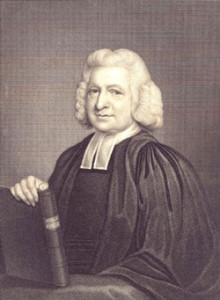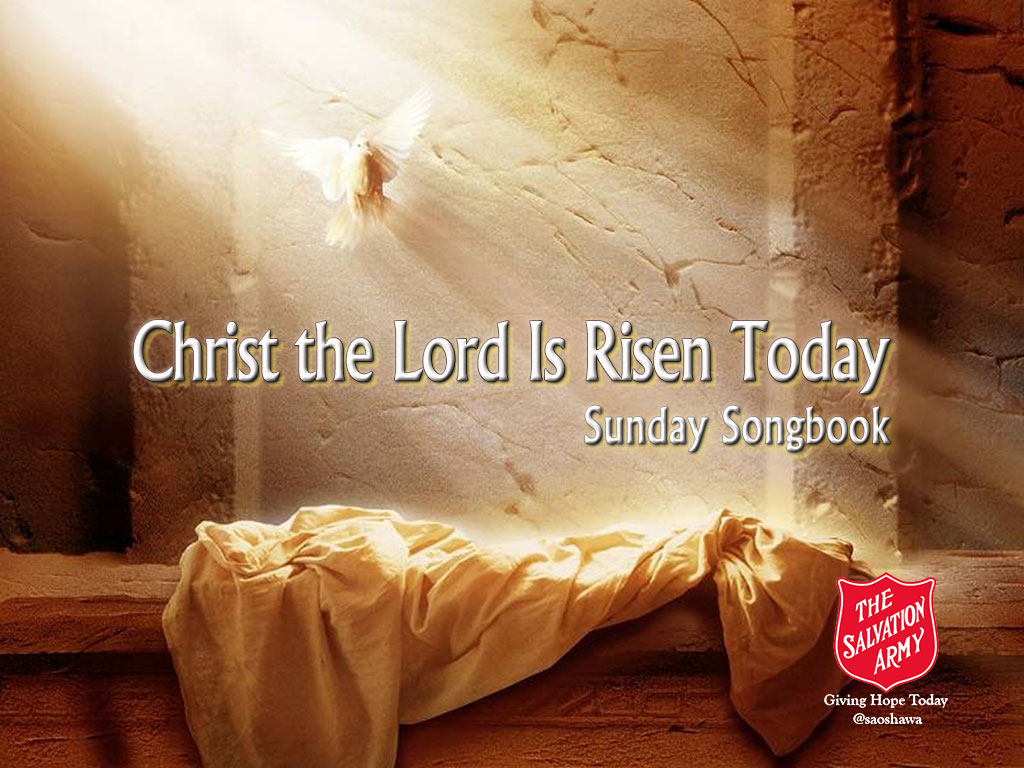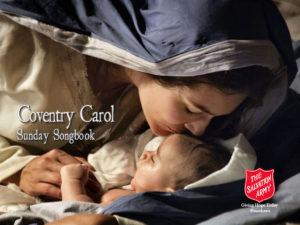Christ the Lord is risen today!
Hallelujah!
Sons of men and angels say:
Hallelujah!
Raise your joys and triumphs high;
Hallelujah!
Sing, ye Heavens; thou Earth, reply:
Hallelujah!
Love’s redeeming work is done;
Fought the fight, the battle won;
Lo! The sun’s eclipse is o’er;
Lo! He sets in blood no more.
Vain the stone, the watch, the seal;
Christ hath burst the gates of Hell;
Death in vain forbids His rise;
Christ hath opened Paradise.
Lives again our glorious King;
Where, O death, is now thy sting?
Once He died our souls to save;
Where’s thy victory, boasting grave?
Soar we now where Christ has led,
Following our exalted Head;
Made like Him, like Him we rise:
Ours the cross, the grave, the skies.
Easter morning would never be complete for many Christians without the singing of this joyful hymn by Charles Wesley. How we love to fervently and freely sing, “Hallelujah!” It brings release after the quiet meditation of the weeks leading up to Easter, and especially after the sad contemplation of Jesus’ suffering on Good Friday.
How we love to fervently and freely sing, “Hallelujah!” Share on X
Wesley lived from 1707 to 1788. Churches of many denominations have traditionally sung his hymn on Easter Sunday morning to celebrate the Resurrection of Jesus and rejoice to realise afresh the significance of the empty tomb. Charles Wesley was a minister’s son and was a member of the “Holy Club” when he studied at Oxford University. He was called a “Methodist” because he regularly attended the weekly Holy Communion services and observed the method of study prescribed by the University statutes. He was ordained in 1735 and travelled extensively during his preaching career. Charles authored 9000 hymns and poems, some in collaboration with his brother, John. How indebted the Christian church is to the Wesleys for their incomparable contribution to our hymnaries!
Easter morning would never be complete for many Christians without the singing of this joyful hymn by Charles Wesley. Share on XWORDS: CHARLES WESLEY; MUSIC: JOHN BAPTIST WALSH IN “LYRA DAVIDICA” COLLECTION, PUBLISHED 1708
S.A. SONG BOOK, 1987 EDITION, # 143; 2015 EDITION, #218
REFERENCES: USAWEST.ORG; S.A. MUSIC INDEX; WIKIPEDIA







